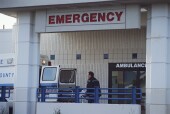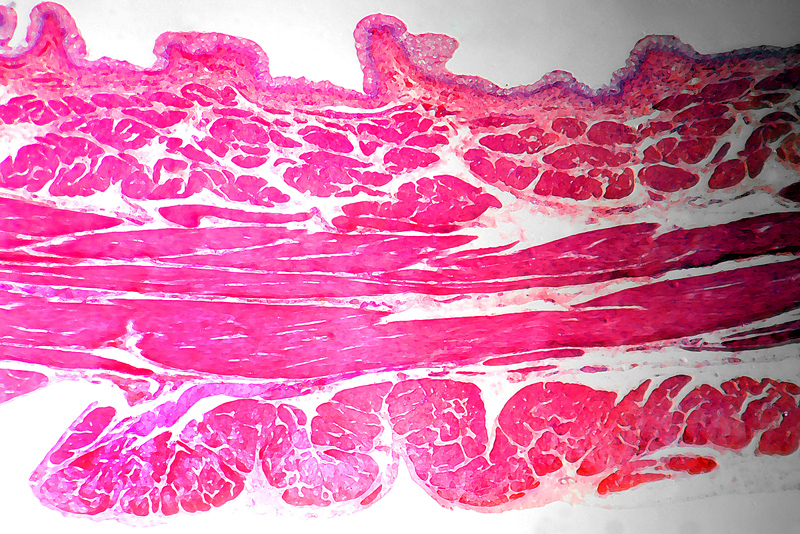
FRIDAY, March 20, 2015 (HealthDay News) — One in nine patients discharged from the emergency department after being treated for kidney stones may return with the same problem, a new study suggests.
The analysis of 128,000 kidney stone-related visits to ERs in California over two years also found that symptoms that cause patients to return included uncontrolled pain, severe vomiting resulting in dehydration, and infections.
Repeat visits were more likely in areas of the state where there were fewer urologists, which suggests that access to specialized treatment might help prevent return visits to ERs, the Duke University School of Medicine researchers said.
“We also found that those patients who had Medicaid or Medicare coverage were more likely than those privately insured to return to the emergency department. This finding suggests that obtaining access to care may involve more than simply having insurance coverage,” study author Dr. Charles Scales, an assistant professor of surgery at Duke, said in a university news release.
The researchers also found that patients who received lab testing for infection were less likely to make a return trip to the ER.
“Although requiring further investigation, this finding suggests that the quality of care at that first visit may influence the risk of a second emergency department visit,” Scales said.
The study was published online March 17 in the journal Academic Emergency Medicine.
“Overall, our aim is to find ways to improve care for patients facing the excruciating pain of passing a kidney stone,” Scales said. “One solution may be better coordination between primary care and urology to treat patients so they do not have to seek care in a high-expense, high-acuity setting like the emergency department.”
Each year, more than one million people in the United States visit ERs for kidney stones, the researchers said.
“The prevalence of kidney stones has nearly doubled in the past 15 years. This is likely related to the increasing obesity rates in the U.S. population and the diet and lifestyle of Americans today,” Scales said.
More information
The U.S. National Institute of Diabetes and Digestive and Kidney Diseases has more about kidney stones.
Copyright © 2026 HealthDay. All rights reserved.

